Social Emotional Learning: Greater Good Science Center [web resource]
 The Greater Good Science Center (GGSC) is part of University of California at Berkeley’s Institute of Human Development, which has been an organized research unit of UC Berkeley since 1927. GGSC studies the psychology, sociology, and neuroscience of well-being, and teaches skills that foster a thriving, resilient, and compassionate society. Read more ›
The Greater Good Science Center (GGSC) is part of University of California at Berkeley’s Institute of Human Development, which has been an organized research unit of UC Berkeley since 1927. GGSC studies the psychology, sociology, and neuroscience of well-being, and teaches skills that foster a thriving, resilient, and compassionate society. Read more ›


 Adolescent Counseling Services teamed up with the Peninsula’s top mental health professionals to share their expertise on communication with teens.
Adolescent Counseling Services teamed up with the Peninsula’s top mental health professionals to share their expertise on communication with teens.
 What does it feel like to have a child with mental illness?
What does it feel like to have a child with mental illness?
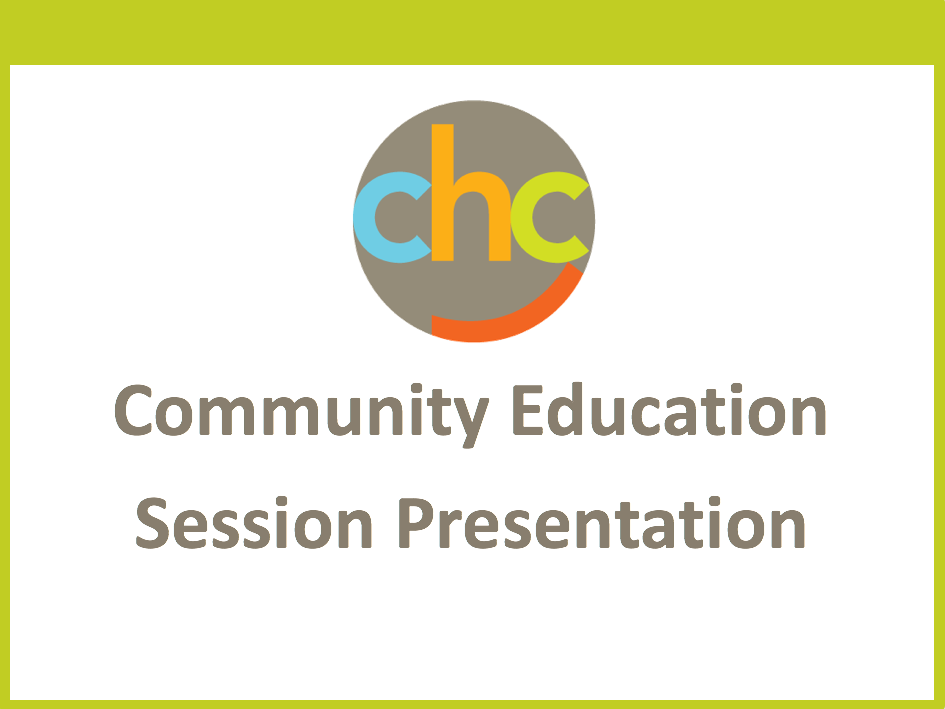

 “Changing the Narrative” is a new section added in 2015 to Palo Alto’s Gunn High School student newpaper, The Oracle.
“Changing the Narrative” is a new section added in 2015 to Palo Alto’s Gunn High School student newpaper, The Oracle.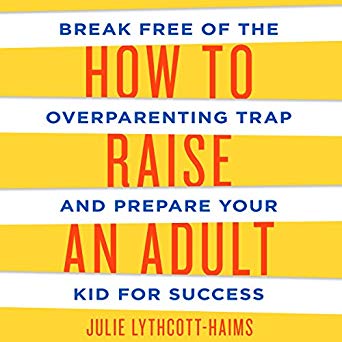
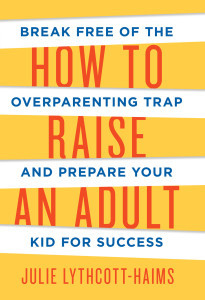 In her book How to Raise an Adult, Julie Lythcott-Haims draws on research, on conversations with admissions officers, educators, and employers, and on her own insights as a mother and as a student dean to highlight the ways in which overparenting harms children, their stressed-out parents, and society at large. While empathizing with the parental hopes and, especially, fears that lead to overhelping, Lythcott-Haims offers practical alternative strategies that underline the importance of allowing children to make their own mistakes and develop the resilience, resourcefulness, and inner determination necessary for success.
In her book How to Raise an Adult, Julie Lythcott-Haims draws on research, on conversations with admissions officers, educators, and employers, and on her own insights as a mother and as a student dean to highlight the ways in which overparenting harms children, their stressed-out parents, and society at large. While empathizing with the parental hopes and, especially, fears that lead to overhelping, Lythcott-Haims offers practical alternative strategies that underline the importance of allowing children to make their own mistakes and develop the resilience, resourcefulness, and inner determination necessary for success. 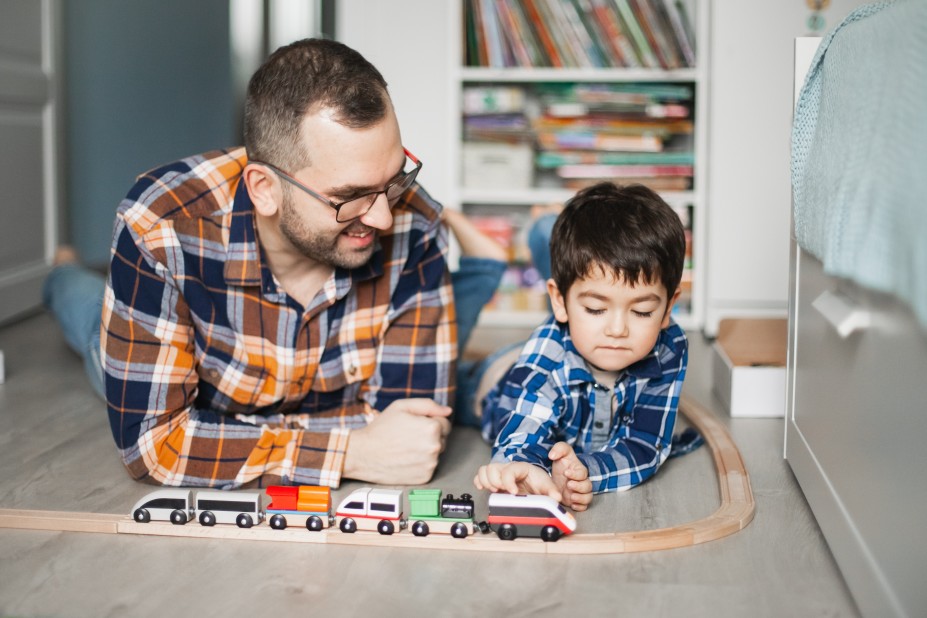
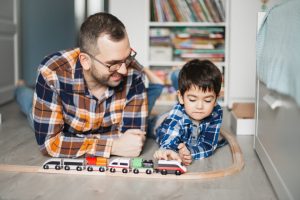 All children need love, encouragement, and support, and for kids with learning disabilities, such positive reinforcement can help ensure that they emerge with a strong sense of self-worth, confidence, and the determination to keep going even when things are tough.
All children need love, encouragement, and support, and for kids with learning disabilities, such positive reinforcement can help ensure that they emerge with a strong sense of self-worth, confidence, and the determination to keep going even when things are tough. 
 The main predictor of how well your child will do in school and in life is the strength of the relationship he or she has with you, the parent or primary caretaker. This relationship impacts your child’s future mental, physical, social, and emotional health. It is not founded on quality of care or parental love, but on the nonverbal emotional communication between child and parent known as the attachment bond. While it’s easiest to form this secure attachment bond with an infant, it can be formed at any time or at any age.
The main predictor of how well your child will do in school and in life is the strength of the relationship he or she has with you, the parent or primary caretaker. This relationship impacts your child’s future mental, physical, social, and emotional health. It is not founded on quality of care or parental love, but on the nonverbal emotional communication between child and parent known as the attachment bond. While it’s easiest to form this secure attachment bond with an infant, it can be formed at any time or at any age. 

